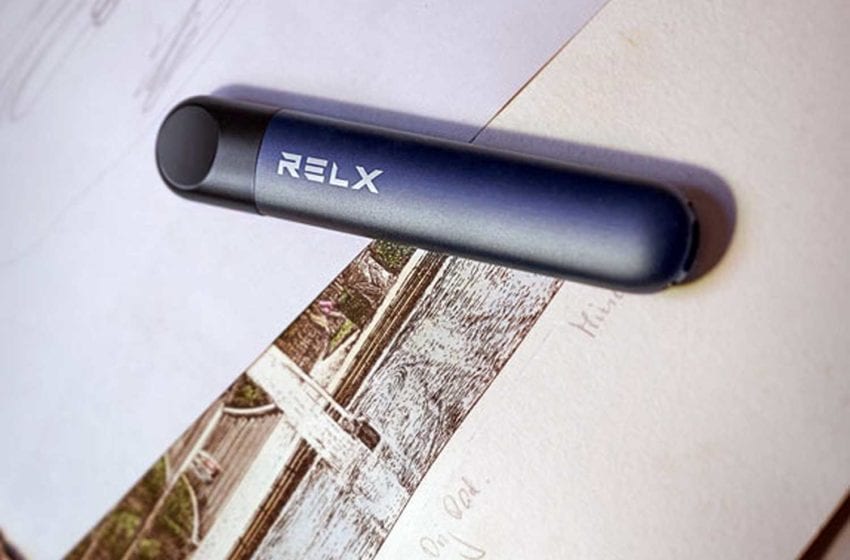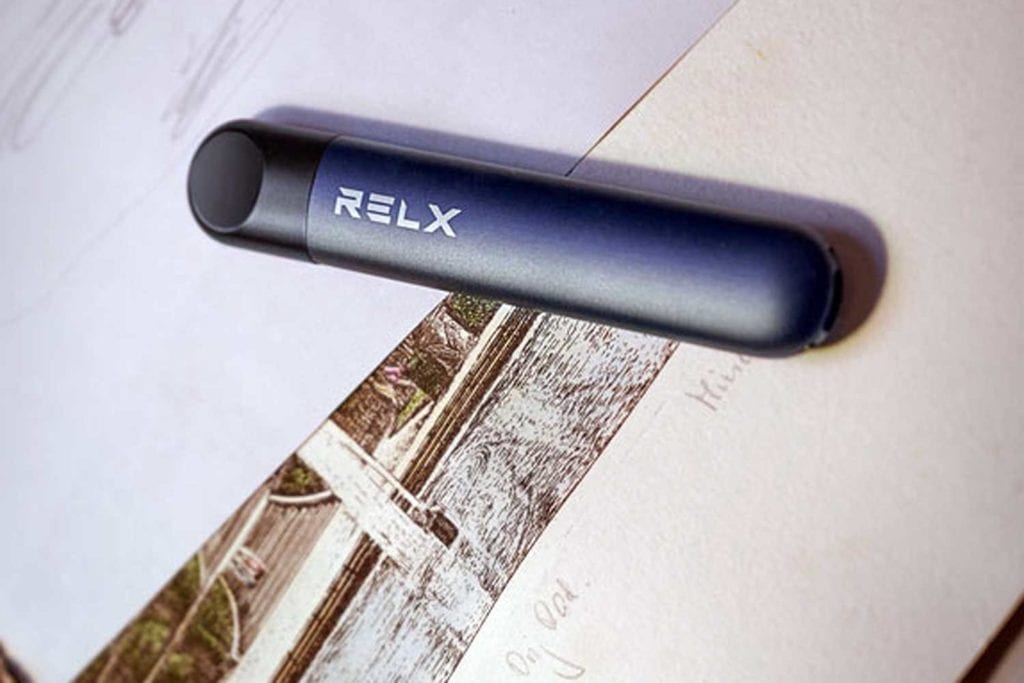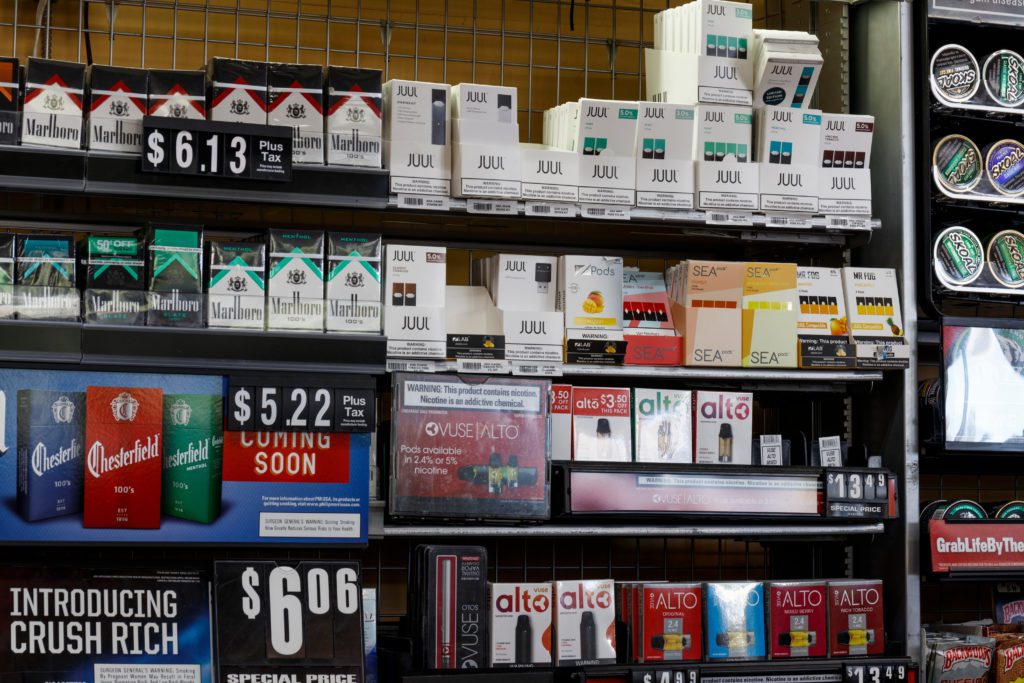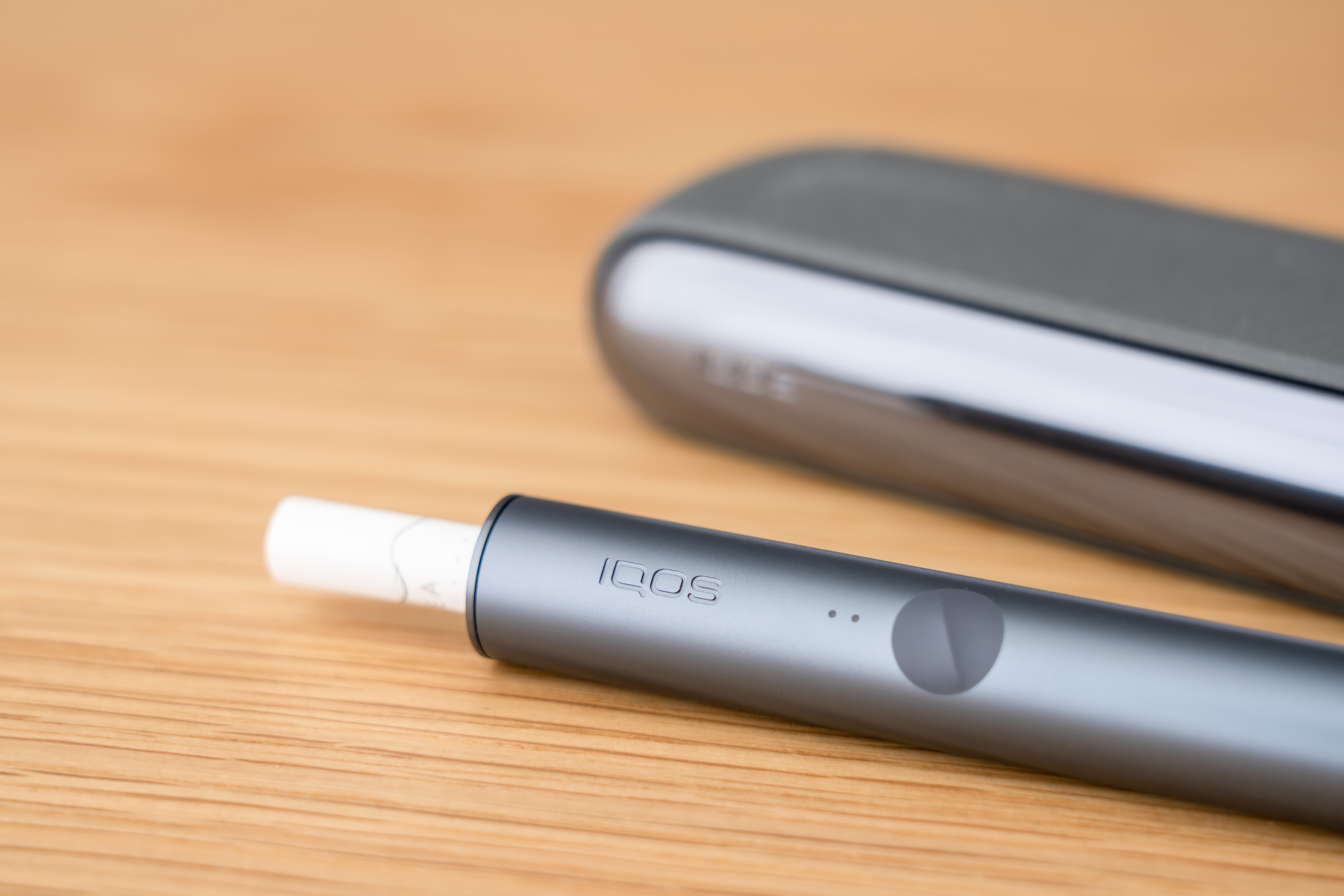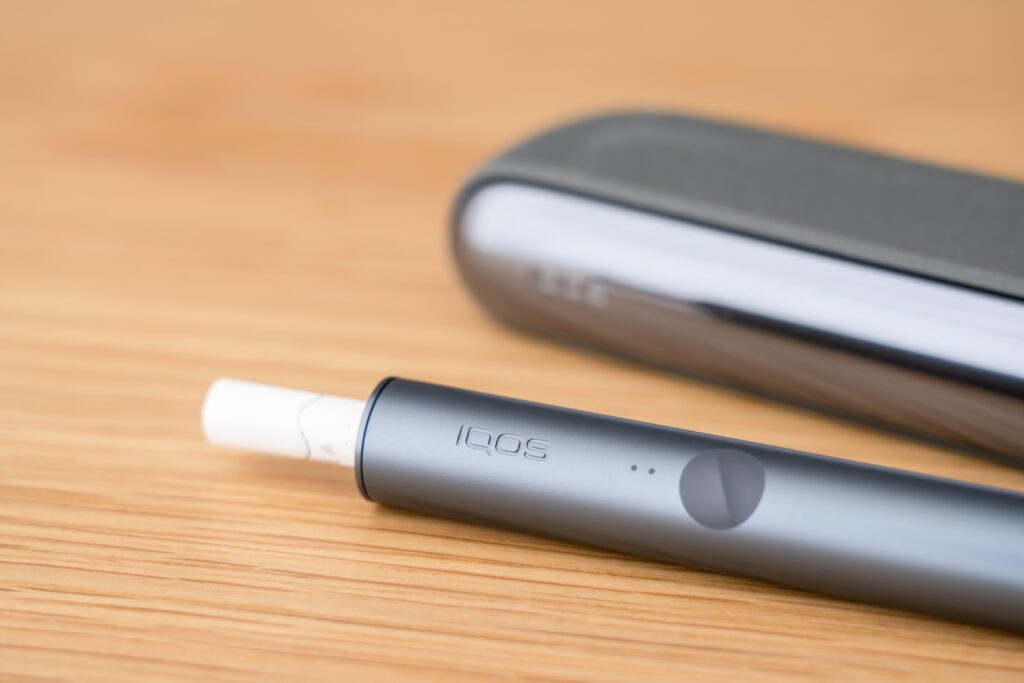
A health regulatory body for Mexico’s government says its scientists have developed a new methodology to analyze the aerosols in electronic nicotine-delivery systems (ENDS) because “no one else has come up with one.” The sale of ENDS products was banned in Mexico in June.
Final results of a new analysis of ENDS products using the new method will be published in scientific journals in the coming months, according to Cofepris chief Alejandro Svarch, who added that the “pioneering methodology” developed in Mexico will be of interest to health authorities in other countries.
Aerosol testing has been performed on vaping products since at least 2014 in other countries, such as the U.S. and the UK. Svarch offered no explanation on how Mexico’s new testing method is performed or why it is effective or why other methods were not effective, only that a testing method “did not exist.” There was no mention of what products were tested or at what temperatures.
He said an analysis using the exclusive method by health regulator Cofepris detected “30 undisclosed substances in aerosols inhaled” via ENDS products.
Linalool, which can be used as an insecticide, was one of the substances detected, Svarch said during Mexican President López Obrador’s press conference last week.
“This in itself is an enormous deception of consumers, who trust that the product is less harmful than a conventional cigarette, because it [supposedly] only has flavorings and nicotine, when in fact, it has other kinds of substances or ingredients that are highly dangerous for humans,” Svarch said.
Among the “hidden” ingredients that “producers of vaping devices don’t want us to know about,” he said, are dimethyl ether, benzyl alcohol, ethyl propionate, isoamyl acetate, butyl acetate and methyl cinnamate.
Svarch also presented a song commissioned by Cofepris (song starts at 1:40) that warns of the risks of vaping and advises ENDS users to “give up now.”
Among the cautionary tales offered via the song’s lyrics are the cases of a woman who lost three teeth due to vaping and a handsome man who became known as “burnt face” because his “beloved vape” exploded while he was using it, according to media reports.



